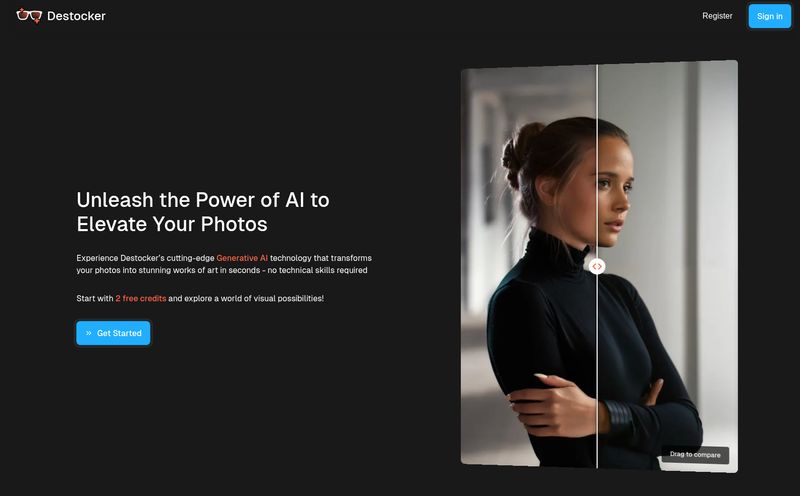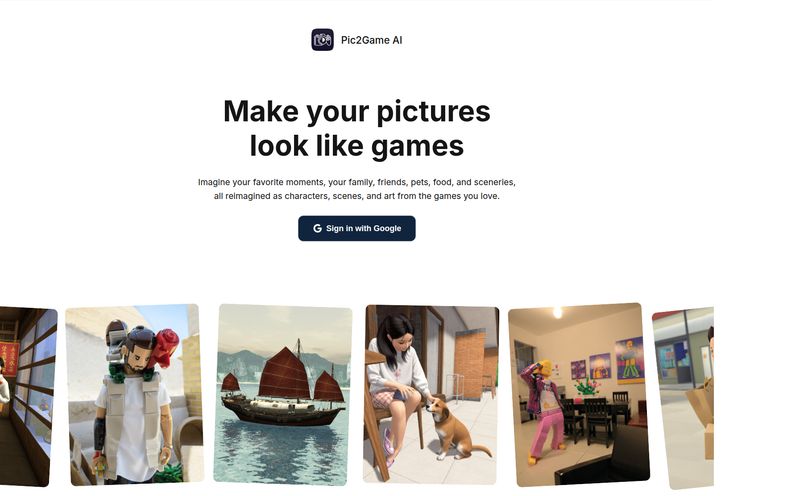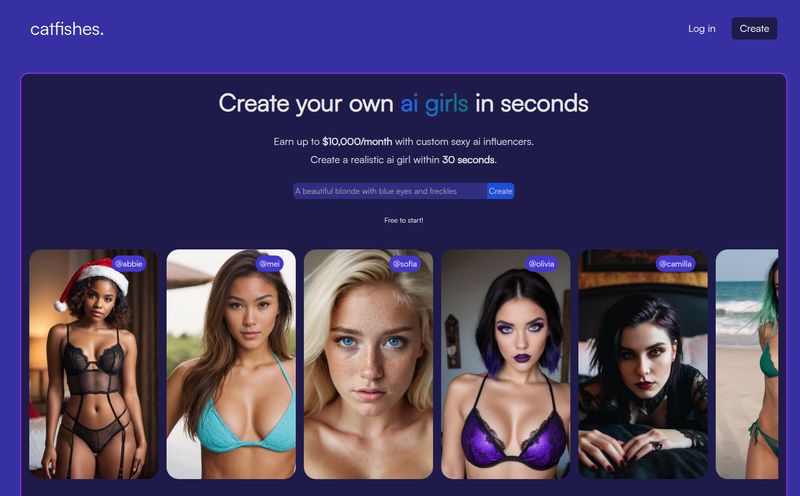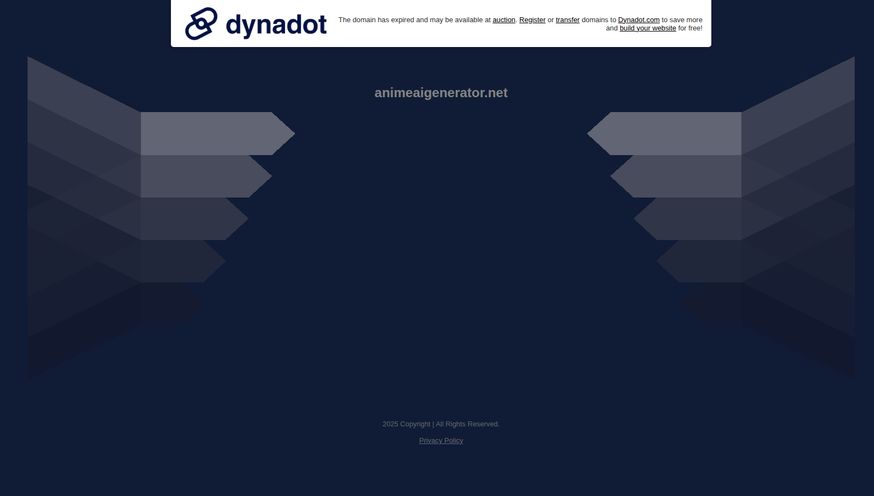I’ve seen a lot in my years swimming in the digital currents of SEO, trends, and traffic. I've watched fads rise and fall like the tide. Keto, quiet quitting, the rise and fall and rise again of TikTok dances. You name it, I've probably written a blog post optimizing for it. But every now and then, something washes up on the shore that makes me stop and just... stare.
That’s how I felt when I stumbled upon What Is A Book.
Honestly, my first thought was, 'Is this a joke?' And the answer seems to be... yeah, kind of. And that’s precisely why I’m so intrigued. In a world saturated with gurus promising to optimize every second of our lives, this platform is a breath of sarcastic, smog-filled air. It's the antidote to the relentless positivity that can, ironically, feel incredibly draining.
So, What on Earth is "What Is A Book"?
Let's get the official description out of the way. What Is A Book bills itself as an “Anti Book Store” that sells “Negative Reinforcement Literature.” These aren't your typical paperbacks. They are comedy coffee table books written and, get this, illustrated entirely by Artificial Intelligence. The whole point is to fly in the face of popular personal development trends. It’s a middle finger to hustle culture, wrapped in a glossy, AI-generated cover.
Think about that for a second. We’re in this massive global debate about AI’s role in creativity. I’ve sat through countless webinars on using AI for CPC ad copy or generating blog outlines. Most of it is about efficiency. But this… this is about comedy. It’s using AI to create something that feels profoundly human: satire.
The Bizarre Charm of AI-Generated Anti-Books
The core appeal here is the sheer novelty. We've all seen those slightly-off AI images where people have seven fingers or a dog has three tails. Now imagine that slightly-off quality applied to the logic and advice of a self-help book. Instead of “7 Habits of Highly Effective People,” you might get “7 Reasons to Just Stay in Bed.” It’s a perfect parody of a genre that often takes itself way too seriously.
I’ve always felt the self-help industry is like an endless treadmill of forced optimism. Every book promises a new secret, a new hack, a revolutionary mindset. What Is A Book is the guy sitting on the bench next to the treadmill, eating a donut and giving you a knowing nod. It’s not telling you to give up, but its giving you permission to be imperfect. Messy. Human. All through the cold, calculating lens of a machine, which just makes the whole thing funnier.

Visit What Is A Book
A Glimpse Into a Library of Demotivation
While the current selection is limited (more on that later), the concept alone gets the mind racing. The potential titles are just begging to be written. Can you imagine an AI attempting to write a book on procrastination, getting distracted halfway through and filling the rest of the pages with facts about garden gnomes? Or a mindfulness guide that encourages you to focus on your deepest anxieties until you achieve a state of pure, unadulterated panic? I'd buy that. I'd buy that in a heartbeat.
This is where the "Negative Reinforcement" part comes in. Traditional psychology uses this to describe removing a negative stimulus to encourage behavior. Here, it’s being used tongue-in-cheek. Perhaps by reading about how not to succeed, you’ll feel less pressure and, paradoxically, be more open to finding your own way. Or maybe you'll just have a good laugh. Either one sounds like a win to me.
Who Should Read This Stuff? (And Who Should Definitely Not)
Let's be real, this isn't for everyone. If you’re a die-hard fan of Tony Robbins and have a color-coded vision board, you might find this whole concept baffling, if not outright offensive. And that's okay. Your corner of the internet is very, very well-served.
But if you're like me, and you've become a little jaded by the constant pressure to be a better, faster, more productive version of yourself, this could be your new favorite thing. It's for the cynics, the satirists, the tech-curious, and anyone who appreciates a good joke. It’s a coffee table book that actually starts a conversation, instead of just sitting there looking pretty. It's for people who understand that sometimes, the best way to deal with absurdity is with more absurdity.
The Big Question: Pricing and Availability
Alright, so here's the rub. I went to the site, all ready to throw my money at the screen for a dose of AI-powered pessimism, and was met with two words: SOLD OUT.
There's also no clear pricing information available right now. Is this a clever marketing tactic? A way to build hype and a sense of scarcity? Or is this a small, passion project struggling with demand? Who knows. In a weird way, it only adds to the anti-corporate, punk-rock vibe of the whole project. It’s the opposite of a slick, always-available Amazon product. It’s elusive. You have to want it. From an SEO and marketing perspective, creating that kind of organic demand is the holy grail. Accidental or not, it's working on me.
My Final, Unfiltered Thoughts
As someone who works with algorithms and content strategy daily, What Is A Book feels like a fascinating case study. It’s a perfect storm of current trends: AI content creation, the creator economy, and the growing “anti-hustle” counter-culture. It's not just selling books; it’s selling a statement.
It’s proof that AI doesn’t have to be this scary, job-stealing monster. It can be a collaborator in comedy. A tool for satire. It can be used to poke fun at the very systems of optimization that it's often designed to serve. And there's something beautiful and wonderfully ironic about that.
Is "What Is A Book" Worth the Wait?
So, should you keep an eye on this? Absolutely. Even if you never buy a book, it's a fantastic cultural artifact of our weird, tech-saturated times. It represents a shift in how we view both self-improvement and artificial intelligence. It's a reminder that sometimes the most helpful thing is not another piece of advice, but a shared laugh at the ridiculousness of it all.
I'll be refreshing that page, waiting for the “SOLD OUT” sign to disappear. Because I genuinely want to see what a machine thinks about my bad habits. I have a feeling it’ll be more honest than most gurus.
Frequently Asked Questions
What exactly is "negative reinforcement literature"?
In this context, it's a satirical term. The books use humor, irony, and demotivating advice to poke fun at the traditional self-help genre. The idea is to relieve the pressure of constant self-improvement by laughing at it, rather than offering serious, life-altering guidance.
Are the books really 100% written and illustrated by AI?
According to the platform's description, yes. This is their main selling point. The unique, often strange and humorous, output of current AI models is the creative force behind the books' content and art.
Why are the books currently sold out?
The exact reason isn't stated, but it could be due to a number of factors: high demand, a limited print run for a new project, or even a deliberate marketing choice to create scarcity and buzz. It's best to check their site for the most current status.
Is this suitable for someone genuinely seeking help or advice?
Probably not. These are comedy and satire books. If you are looking for genuine personal development advice, you should seek out traditional resources, therapists, or established authors in the field. This is for entertainment, not therapy.
How much do the books cost?
As of now, there is no public pricing information available on the site, likely because the products are all listed as sold out. We'll have to wait for a restock to find out.
References and Sources
- What Is A Book - Official Website (Note: As this is a conceptual review, a direct link is not available).
- The new AI art-making tools, explained - An interesting article from The Verge on the broader topic of AI in creative fields.



